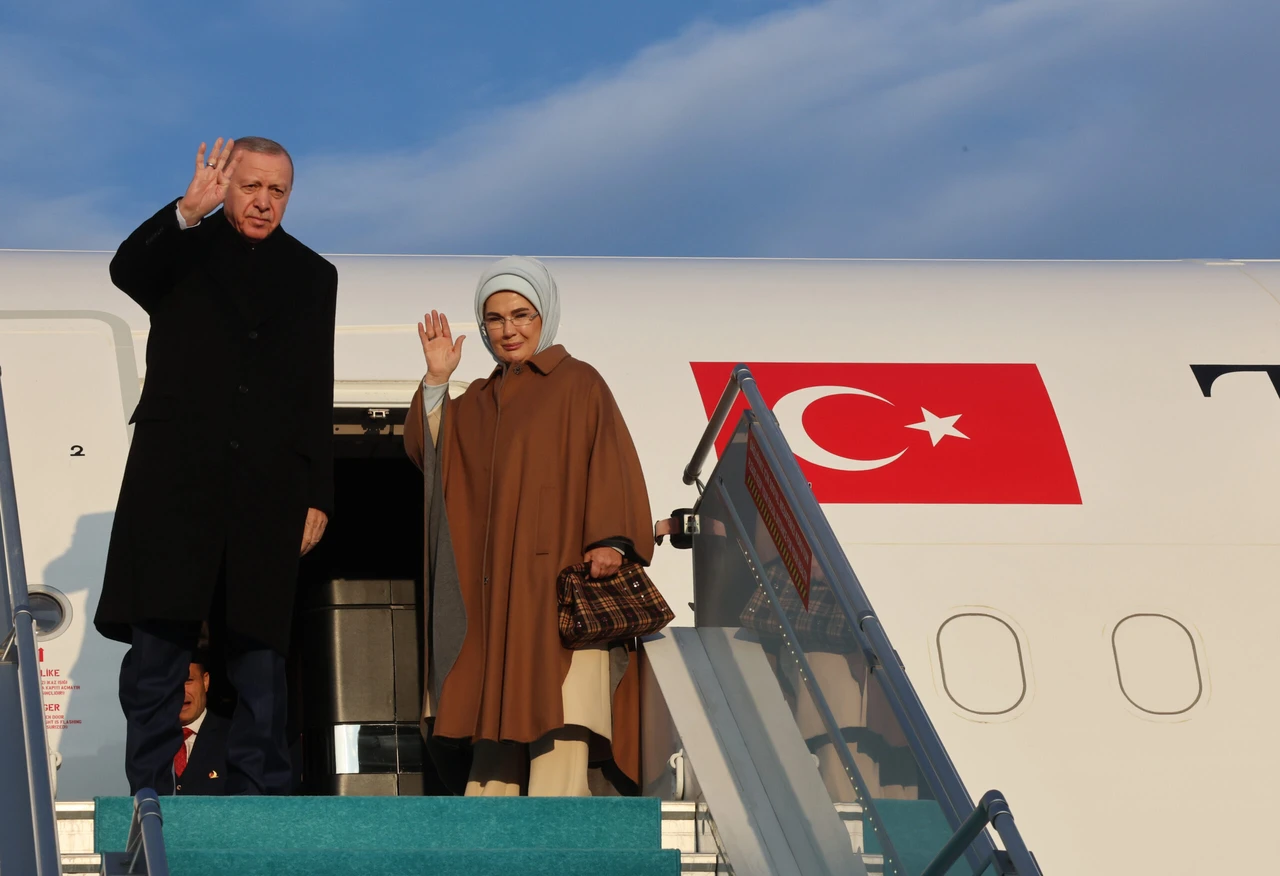Germany could not have developed without Turkish workers: German Chancellor Scholz
 German Chancellor Olaf Scholz addresses a press conference at the Chancellery in Berlin after a coalition committe meeting on November 6, 2024. (AFP Photo)
German Chancellor Olaf Scholz addresses a press conference at the Chancellery in Berlin after a coalition committe meeting on November 6, 2024. (AFP Photo)
German Chancellor Olaf Scholz highlighted the significance of Türkiye-Germany relations in an exclusive interview with Turkish media outlet Hurriyet, addressing key issues from bilateral ties to Türkiye’s role in regional diplomacy.
Scholz also underscored the importance of Germany’s dual citizenship law, warning that its repeal would be a mistake.
Strengthening bilateral relations
Ahead of Germany‘s early general elections on Feb. 23, Scholz spoke at the Chancellery in Berlin, emphasizing Türkiye’s role as a key mediator in regional affairs.
He stated that Germany aims to foster stronger ties with Türkiye and deepen economic cooperation between the two nations.
‘Germany could not have developed without Turkish workers’
When asked about his thoughts on Türkiye and Turkish people, Scholz expressed admiration for the Turkish community in Germany and acknowledged Türkiye’s crucial role in regional diplomacy.
He also highlighted Türkiye’s rich cultural contributions, including its cuisine and tourism appeal.
Reflecting on the 63-year history of Turkish labor migration to Germany, Scholz emphasized the economic contributions of Turkish workers.
“Germany’s economic prosperity in the 1950s and 60s would not have been possible without guest workers from Türkiye and other countries. Today, nearly one-third of our population has roots in different nations, many from Türkiye. That is why I am pleased to have implemented reforms in the Citizenship Law, allowing many to obtain German citizenship without renouncing their original nationality,” Scholz said.
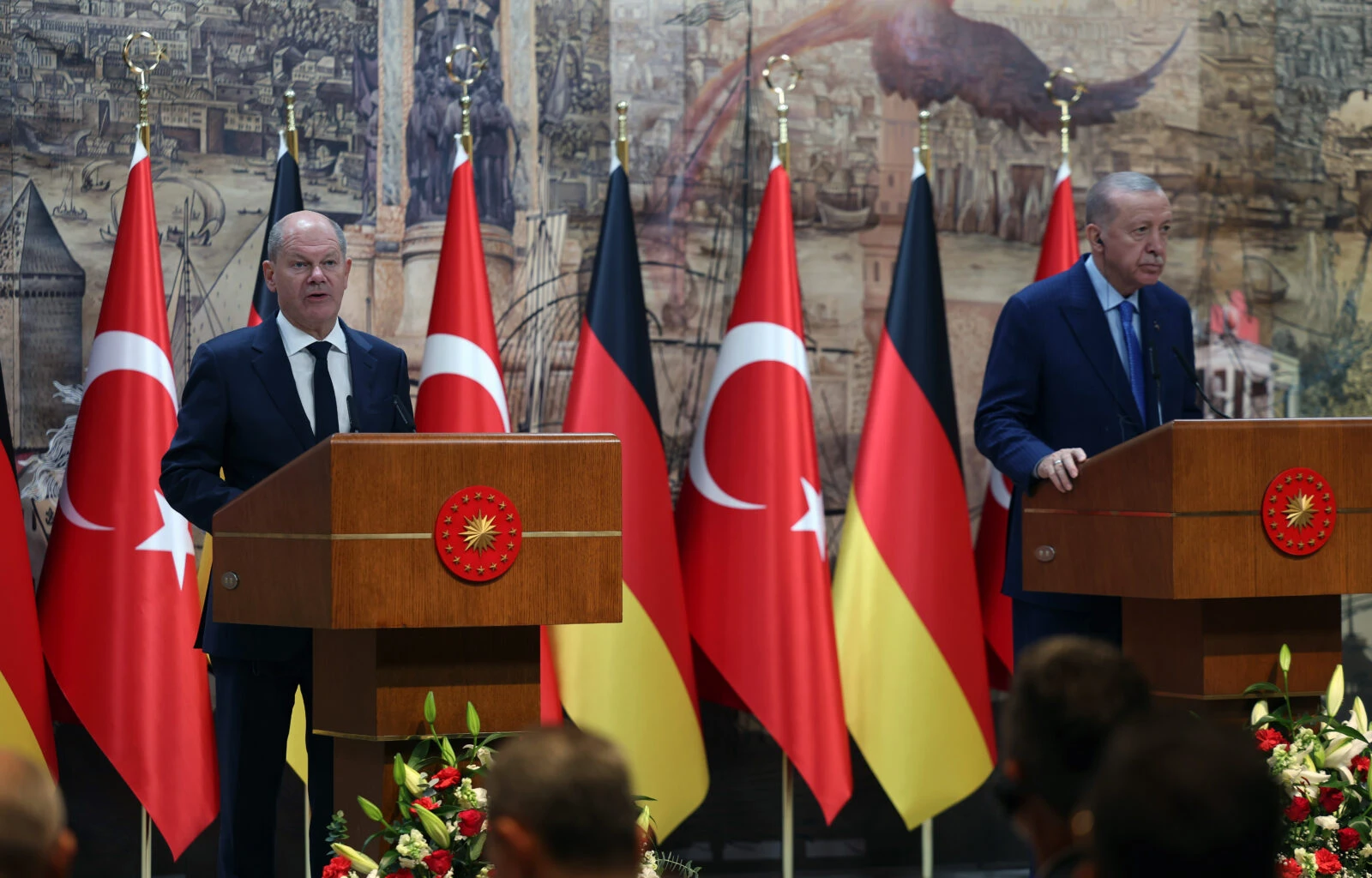
Opposition to repealing dual citizenship law
Responding to the opposition’s plans to revoke the dual citizenship law, Scholz warned that such a move would be a serious mistake for Germany.
“This would be a huge mistake for our country, but ultimately, the voters will decide in the general elections on February 23. I am confident that most Germans see the citizenship reform as a positive step. It is surprising that CDU/CSU wants to repeal such an important reform. Germany must acknowledge its reality as an immigration country, and those who live, work, learn our language, and contribute to our society deserve the right to become German citizens,” he said.
Scholz also reflected on his time as the first mayor of Hamburg, recalling citizenship ceremonies as some of the most memorable moments of his tenure.
“One of the most remarkable moments was hosting citizenship ceremonies in Hamburg’s town hall. Families gathered with pride as they received their German citizenship certificates. It was a moment of celebration, with speeches and the national anthem, symbolizing unity and belonging,” he said.
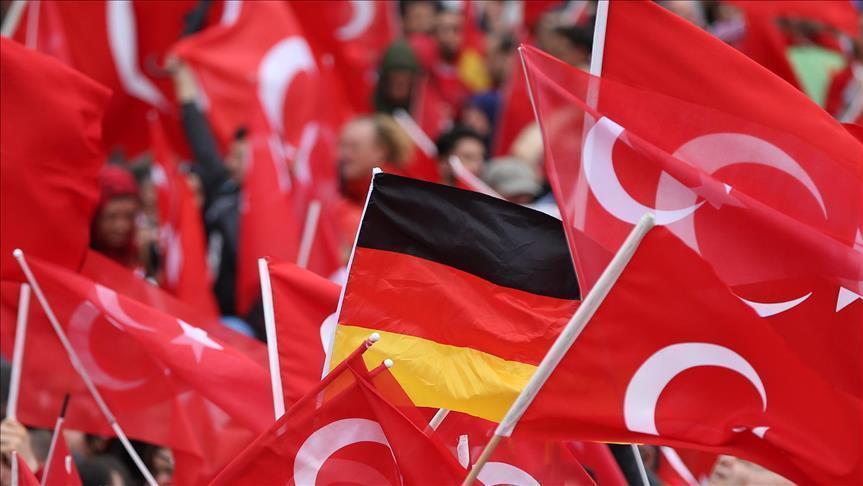
Turkish community’s integration in Germany
Addressing claims that Turkish-origin residents struggle to integrate, Scholz firmly dismissed these allegations.
“This stereotype is entirely false. There are many German citizens of Turkish origin excelling in business, academia, industry, and healthcare. They are well integrated and take pride in their children’s and grandchildren’s achievements in school and their professional careers,” he stated.
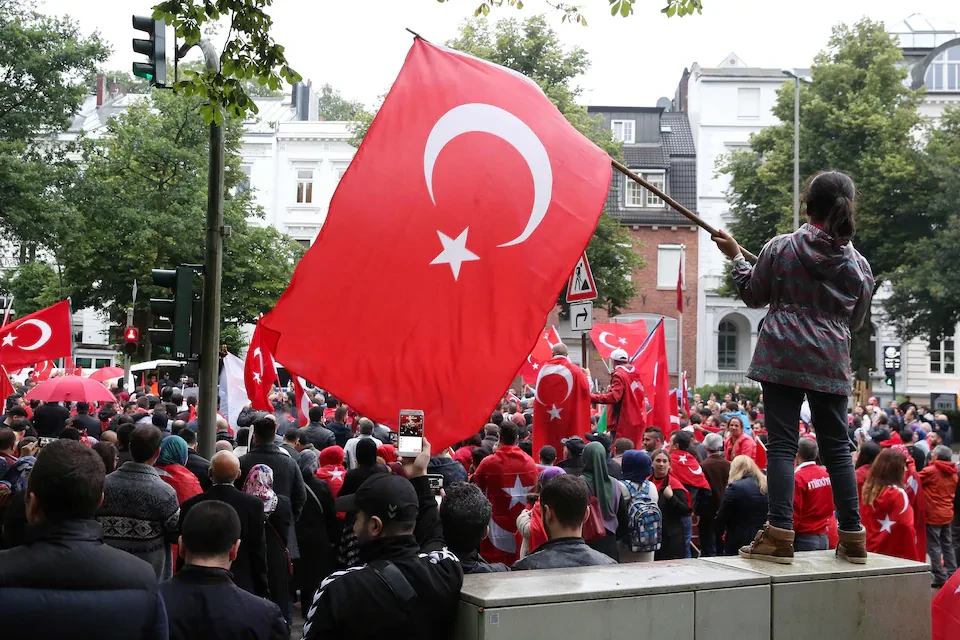
Frequent engagement with President Erdogan
Scholz praised the current state of German-Turkish relations, highlighting frequent dialogue with President Recep Tayyip Erdogan on various international matters.
“Our relations with Türkiye have developed positively. I am in close and regular contact with President Erdogan. We frequently discuss key issues of mutual concern, including Türkiye’s mediation efforts in global conflicts. Türkiye played a crucial role in facilitating the grain deal to ensure food supplies reached Africa and other regions amid the ongoing war in Ukraine,” Scholz said.
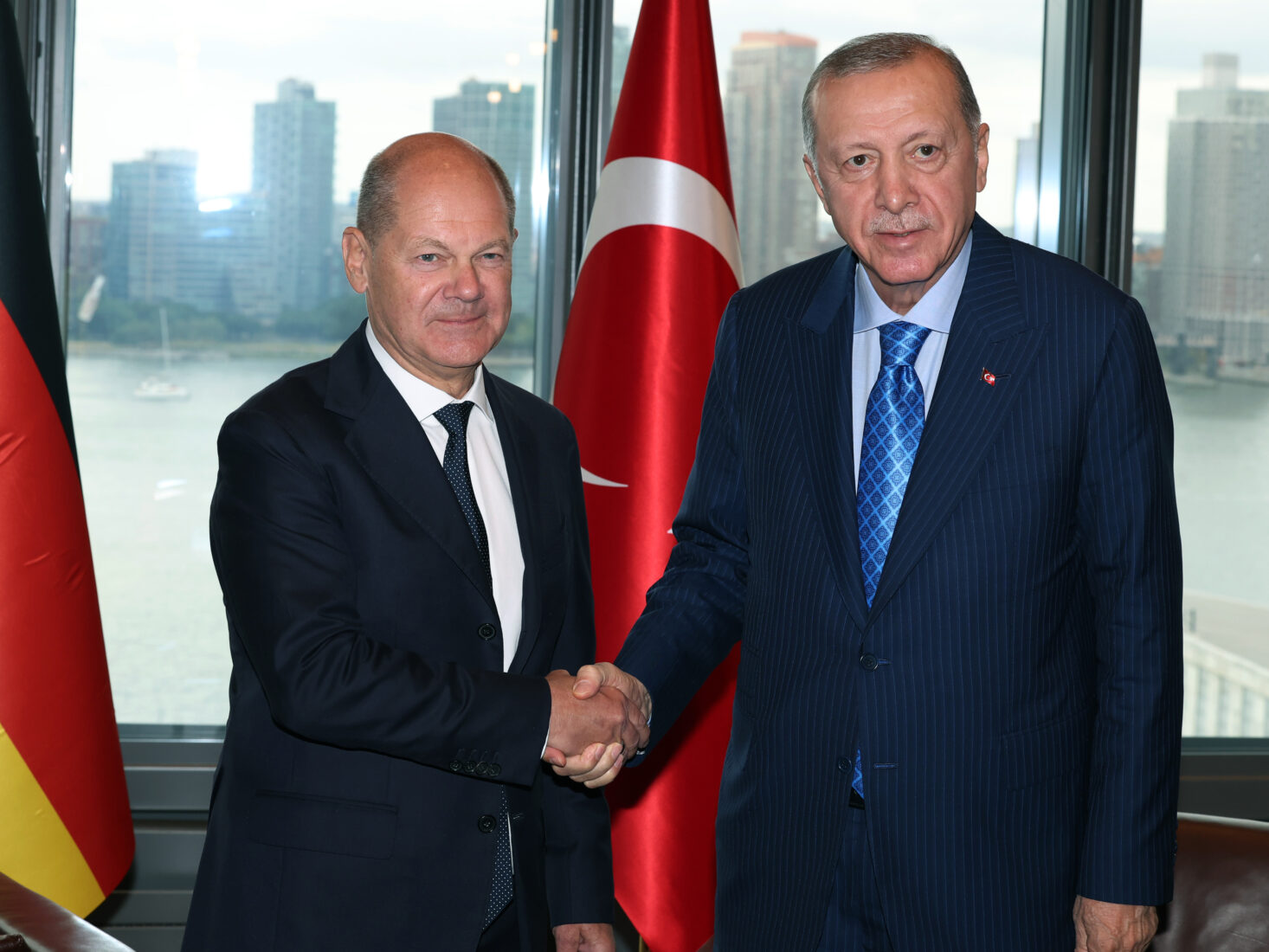
Türkiye’s EU membership prospects
When asked about Türkiye’s long-standing aspiration for EU membership, Scholz emphasized the importance of improving EU-Türkiye relations rather than focusing on immediate accession prospects.
“The priority should be to enhance relations between Türkiye and the EU by addressing bilateral challenges. I am personally committed to making progress in this area,” Scholz concluded.
